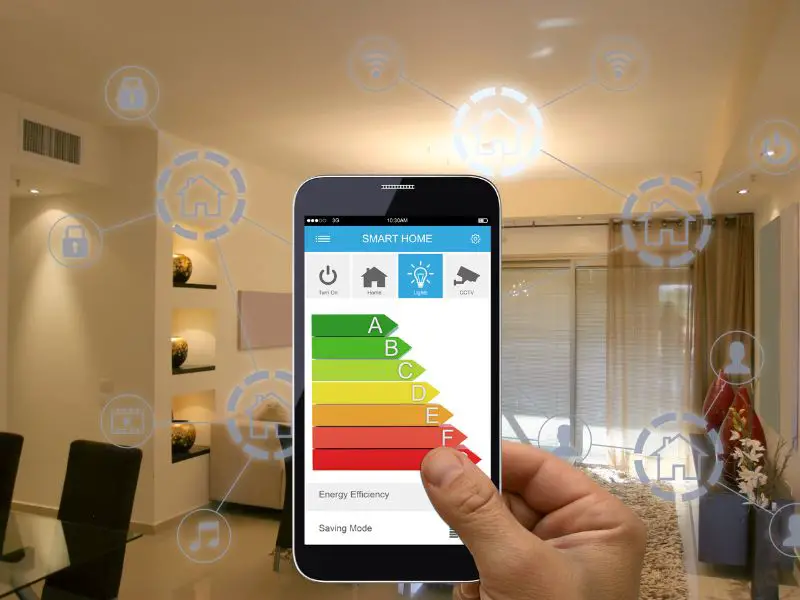Sustainability certifications are a yearly evaluation of a business’s or corporation’s environmental performance. They aim to reduce environmental impact and mitigate climate change. Most businesses recognize the importance and value of investing in sustainability certifications. They are the indicators that tell the public about a company’s environmental efforts.
Sustainability certifications cover various elements of the business. These certificates are divided into three broad categories:
Product Certifications: This is for the products that are manufactured, including packaging, electronics, and building materials.
Process Certifications: These are for the business’s practices, such as its waste management system, water use, and energy use.
Organization Certifications: This is for the company’s management systems, such as its supply chain, water and energy management, and acquirement systems.
There are hundreds of environmental certificates worldwide, and the number continues to rise. Here is a list of the top ecological certifications that can propel your business into more sustainability and profits. Listed in no order are some certificates that you might find helpful in your green endeavor. Let’s go!

14 Sustainability Certifications You Should Know
1. USDA Organic
The Department of Agriculture of the United States handles USDA Organic certification. It specifies the sorts of insecticides, herbicides, and fertilizers that you can use on USDA-certified organic crops. The program lists the substances you can use and some rules for using them and when.
2. Canadian Organic Regime
The Canadian government established a system for organic products, or the Canada Organic Regime (COR). This certification means businesses need a written assurance at CFIA that their food products are organic as defined in the SFCR and for the SFCR.
3. Quality Assurance International
Quality Assurance International gives independent, third-party organic certification to products at every stage in many countries, including the United States, Canada, and Mexico. After applying, QAI evaluates the application’s information and performs site inspections to ensure compliance with rules. If there are any issues, they give businesses time to rectify any. After your certification passes, there are annual site inspections.
Related: Sustainable Foods, Sustainable Packaging
4. Fairtrade Certification
Fair Trade certification proves your product has met benchmarks for safe working conditions, environmental protection, sustainability, and fair economic standards. Customers are becoming more interested in buying things that are ethical and good for the environment, and Fair Trade certification can help you reach that market.
5. Rainforest Alliance
The Rainforest Alliance certification indicates that the product (or a specified component) was created by farmers, foresters, and corporations collaborating to create a world in which people and the environment flourish harmoniously.

6. Green C Certification
Green C certification aims to support and promote green practices among small enterprises and organizations operating in the United States and to promote Corporate Social Responsibility (CSR) that protects and improves our world.
7. Energy Star
ENERGY STAR-certified buildings save energy, save money, and contribute to environmental protection by emitting fewer greenhouse gases than conventional structures. To get ENERGY STAR certification, a building must fulfill the EPA’s strict energy efficiency requirements.

8. PETA
The global PETA certification ensures that a brand never tests on animals at any point in production. PETA also provides a product line that does not use any ingredients that come from animals.
9. Global Organic Textile Standard
The goal of the Global Organic Textile Standard (GOTS) is to set requirements for making sure that textiles are organic, from gathering the raw materials to making sure they are made in an environmentally and socially responsible way to labeling them so that the consumer can be sure that they are organic.
10. Leaping Bunny
The Leaping Bunny Logo is the only globally recognized symbol that assures customers that manufacturers don’t use any form of animal testing in producing any product. You can see this logo in cosmetics, home product packaging, advertising, and websites all around the globe.

11. The Green Business Bureau
Smaller businesses favor the Green Business Bureau (GBB) and employ innovative ways. Green Organization Bureau sustainability is open to companies that want to boost their sustainability. Its evaluation standards are customizable and unique to each business.
12. Positive Luxury
The Butterfly Mark is a symbol of excellence demonstrating Positive Luxury’s commitment to responsible business practices. It is one of the rare third-party sustainability credentials and is only given to premium businesses that exhibit ethical and sustainable conduct in practically all aspects of their business.
13. Certified B Corporation
The coveted B Corporation is intended for companies that achieve the rigorous requirements of the B Lab certification organization. This accreditation for sustainability encourages companies to be a force for environmental and social justice. They want to “balance profit and purpose” for the economy to be equitable and less exploitative.
14. Cradle-to-Cradle Certification
Cradle-to-Cradle certification assesses your invention’s environmental and social sustainability in five areas: durability, reutilization, renewable energy & carbon management, water care, and social justice.

Frequently Asked Questions (FAQs)
Author’s Note
Sustainability certifications are becoming increasingly popular in the food and beverage industries. The certifications highlight a commitment to sustainability throughout the production process and provide consumers with an easy way to identify products that meet their sustainability standards. The key takeaway is that this is good news for the planet and that consumers are getting more creative with their purchases. We hope this article helps you make your next move as sustainable as possible.



;?>/smartquizbuilder/includes/images/sqb-registration-img.jpg)


